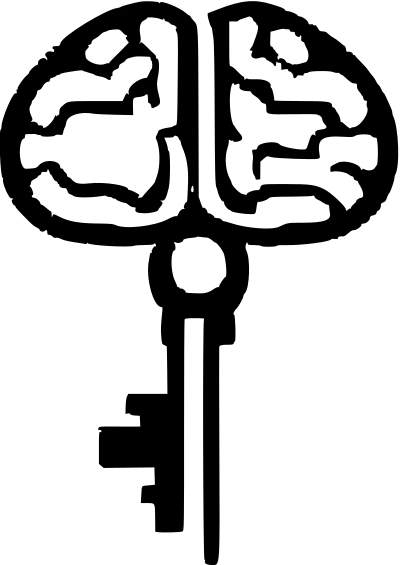Getting Started
Getting Started with Keymaker
Keymaker is a Python library that provides a powerful and flexible way to control the output of large language models. This guide will walk you through installing Keymaker and using it to generate some completions including:
- with constraints
- different models
- streaming
Installation
Install Keymaker with:
pip install headjack-keymaker
For HuggingFace support:
pip install headjack-keymaker[huggingface]
For LlamaCpp support:
pip install headjack-keymaker[llamacpp]
For everything:
pip install headjack-keymaker[all]
Basic Usage
Import Keymaker:
from keymaker import Prompt
Create a prompt:
prompt = Prompt("Dogs are known for being man's")
Import a model - here we will use Huggingface, but Keymaker supports OpenAI chat completion, OpenAI completion, LlamaCPP, and OpenAI API compatible models.
from keymaker.models import Huggingface
model = Huggingface("gpt2")
Make a single one-off completion of the prompt with a model:
completed = await prompt.complete(model=model, max_tokens=3)
The completed prompt text is now available:
print(completed)
# Dogs are known for being man's best friend.
Formatting and Constraints
Beyond one-off completions, Keymaker supports an extremely flexible formatted completion and of course constraints.
Import a constraint and CompletionConfig:
from keymaker import CompletionConfig, Prompt
from keymaker.models import Huggingface, chatgpt
from keymaker.constraints import RegexConstraint, OptionsConstraint
Set up the model:
model = Huggingface("gpt2")
Define a function to print the stream:
async def print_stream(completion):
if completion:
print(completion)
Provide a default model and stream which will be used if we do not specify otherwise:
prompt = Prompt(
"My name is {} and I am {age} years old. I like {hobbies}",
model,
stream=print_stream,
)
Define possible hobbies:
possible_hobbies = {"Reading", "Sports", "Gaming", "Traveling", "Cooking"}
Set the OpenAI API key for using chatgpt:
import openai
openai.api_key = ""
chat_model = chatgpt()
Here, we define a function to generate unique hobbies:
def hobbies(prompt: Prompt):
"""Generate Unique Hobbies"""
while True:
if prompt.completions["hobbies"] is None:
hobbies_selected = set()
elif isinstance(prompt.completions.hobbies, list):
yield ", "
hobbies_selected = set(prompt.completions.hobbies)
else:
yield ", "
hobbies_selected = {prompt.completions.hobbies}
if len(hobbies_selected) > 1:
yield "and Soccer."
break
hobbies_left = possible_hobbies - hobbies_selected
yield CompletionConfig(
model=chat_model, constraint=OptionsConstraint(hobbies_left)
)
Keymaker supports the following as format parameters:
Stringable: Anything that can be cast to astr.CompletionConfig: A single parameterizedCompletion.Callable[[Prompt], Stringable | CompletionConfig]: Dynamically change the prompt completion by returning a SINGLE staticStringableor request a paramterizedCompletionwith a function that takes the current prompt at that point of completion.Callable[[Prompt], Generator[Stringable | CompletionConfig]]: Dynamically change the prompt completion by returning as many staticStringableor paramterizedCompletions with aGenerator
Fill the prompt:
filled = await prompt.format(
"Alice",
age=CompletionConfig(
constraint=RegexConstraint(r"[1-9]{1,2}", terminate_on_match=True), map_fn=int
),
hobbies=hobbies,
)
The streamed output will be:
My name is
Alice
and I am
33
years old. I like
Reading
,
Travel
,
and Soccer.
You can access the age completion:
age = filled.completions.age
Finally, print the filled prompt and the age:
print(filled)
print(age, type(age.value))
# My name is Alice and I am 33 years old. I like Reading, Traveling, and Soccer.
# 33 <class 'int'>
Congratulations! You’ve completed the guide to getting started with Keymaker.
